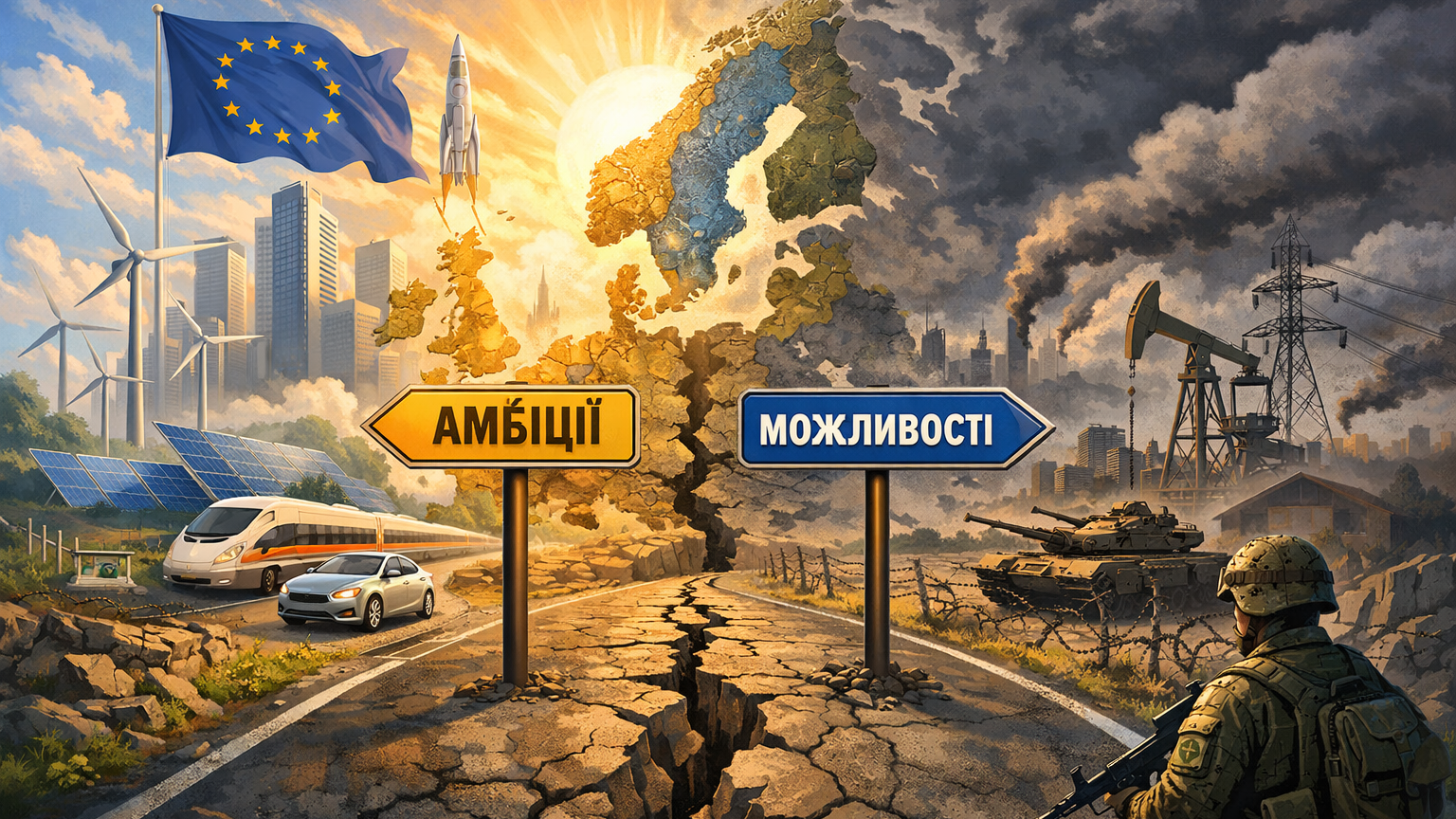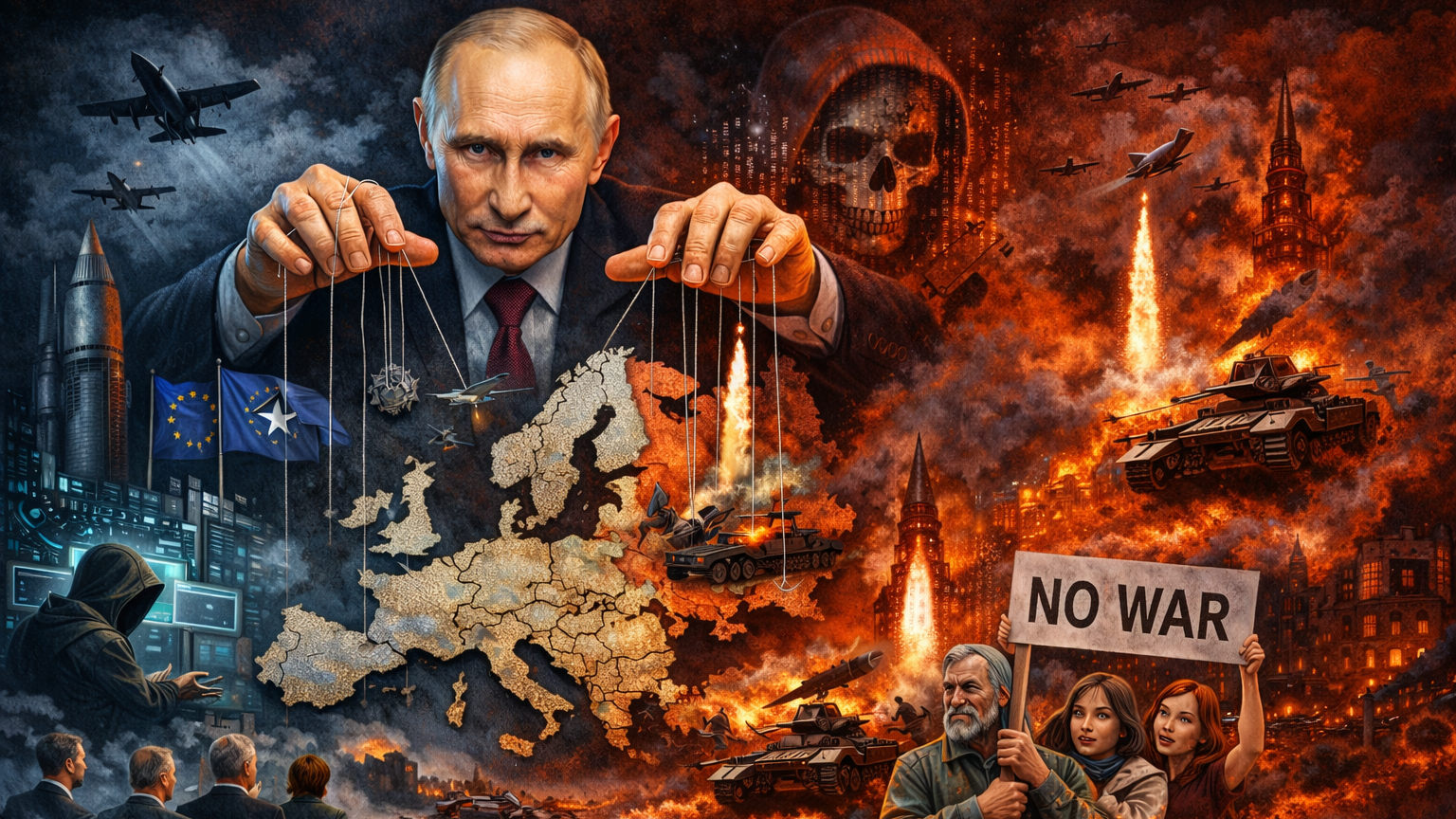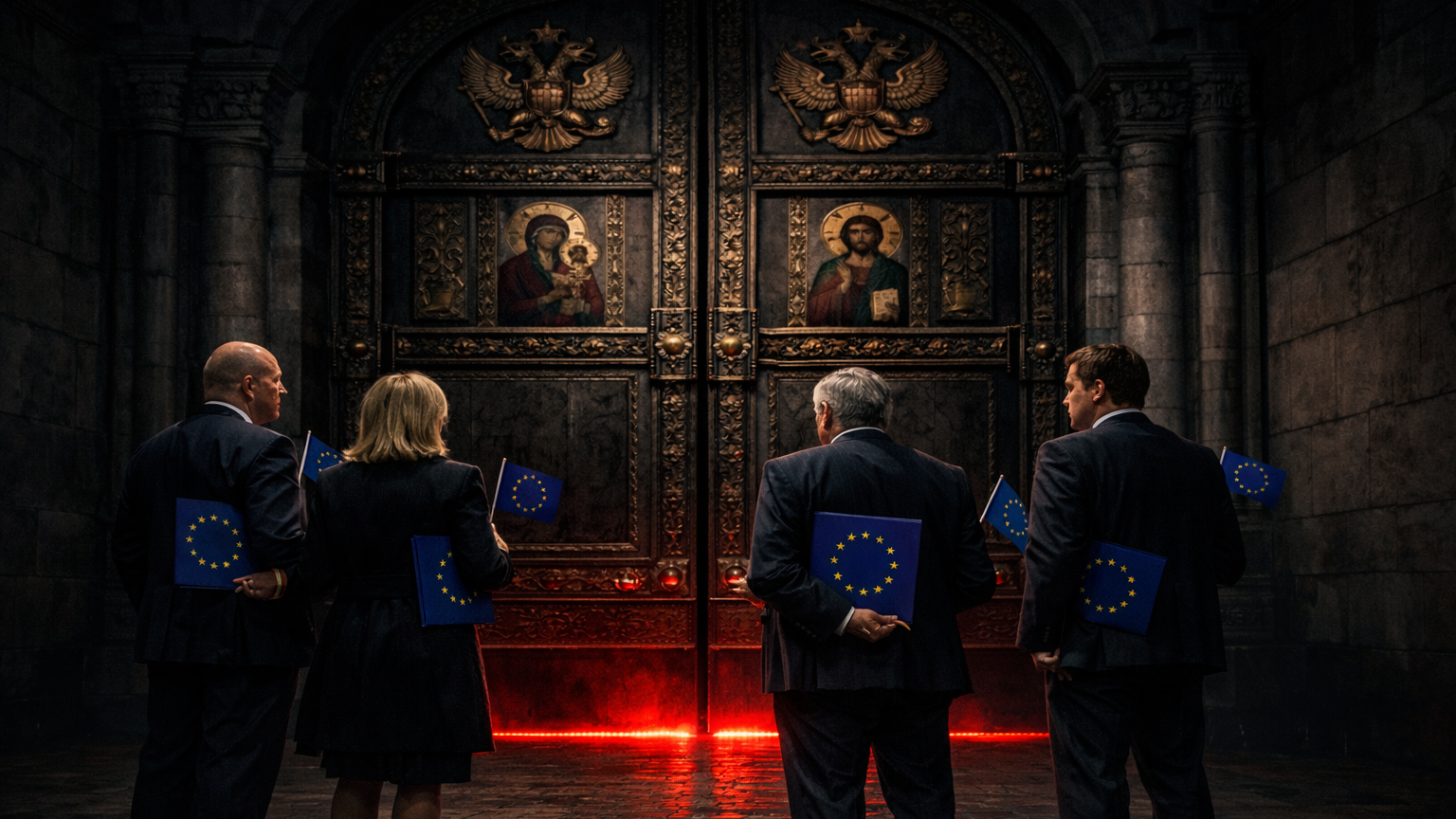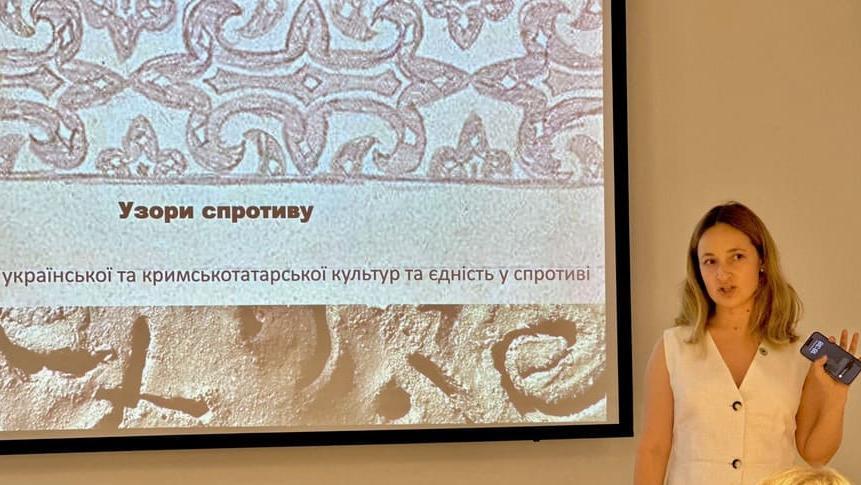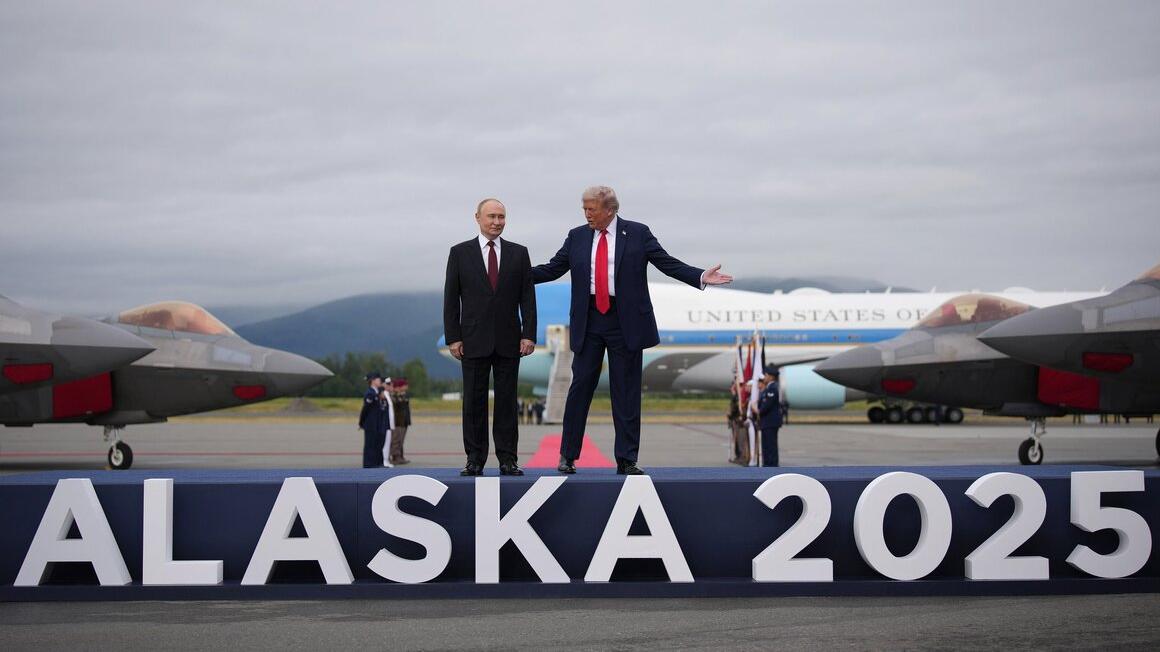
Donald Trump’s Triumphant Defeat
Фото: Getty Images/Andrew
18.08.2025, 15:34
Carl Bildt, former Prime Minister and then Foreign Minister of Sweden, wrote well yesterday: “It’s official: Trump has capitulated to Putin, abandoning his demand for a ceasefire. Instead, the fighting will continue until a peace agreement is reached that satisfies Putin. His terms are well known. This was a hugely successful outcome for Putin. We are heading for an even longer war.” And many American commentators, with considerable experience and knowledge of the US and Euro-Atlantic community’s communication/confrontation with Russia, confirm the impression and assessment that the Anchorage summit was very useful for Putin, and that it exposed many weaknesses and confusions in Trump’s diplomacy. The subject of ironic and mocking comments from the American and Western sides is not only the fact that the guests found confidential State Department documents and documents related to the schedule and protocol details of the visit (the canceled lunch) in the local hotel, but also two photos that have been circulating around the world. In the first, three American soldiers kneel and roll out a red carpet for the Russian president in front of the steps of his plane. In the second frame, President Trump applauds (?!) Putin, approaching him - a scene that has never been seen at summits between the two countries since the times of the Soviet Union and the Cold War.
ALASKA
The meeting in Alaska (which remained in Russian history as a memory of, excuse me, the stupidest decision of the Russian tsarist government in 1867) began with a provocation by Foreign Minister Sergei Lavrov, who appeared in a T-shirt with the inscription "USSR". Vladimir Putin has long said that the collapse of the Soviet Union was the greatest geostrategic catastrophe of the 20th century. The desire to regain lost territories – the former Soviet socialist republics – is understandable to anyone who wants to see it. Starting with Ukraine, obviously. The very holding of the summit was a diplomatic and psychological victory for the Russian side. Trump, despite the omnipresent propaganda and vocabulary about the restoration of American power, repeatedly gave the Kremlin ultimatums (the list of these useless announcements is already very long: the penultimate one was for fifty days, then it was suddenly interrupted, that is, shortened to two weeks), until, finally, a magical turn and the announcement of a meeting in Alaska took place. Meanwhile, Trump’s rhetoric about the need for an urgent ceasefire and very superficial explanations about the “territorial problem” (the American president even characterized the Russian conquests as “seizing the best land” – “with a sea view”, which in the real estate business is considered the best location?!), suddenly silently accepted Russia’s (new) official position on the need to reach a comprehensive peace agreement. What exactly this means, we were unable to hear at the press conference of the two presidents, who refused/avoided answering journalists’ questions. Their face-to-face meeting was also canceled – so the only opportunity for them to directly, without the presence of interpreters, exchange messages and information was Trump’s invitation to Putin to join him in the presidential Cadillac – which also aroused suspicion among some American observers. After returning to Moscow, Putin organized a “briefing” for his closest associates and senior Russian officials. From what he said – and how he did it – one could tell that he was very pleased with the substance and appearance of the meeting with Trump. On the other hand, Trump, in characteristically disjointed and unfinished statements during and after the meetings, and even on the flight to Washington, apparently had difficulty providing a coherent explanation of the logic and purpose of the meeting in Anchorage. He announced a meeting with Zelensky at the White House for tonight (Monday), with the (‘casual’) remark that we would see how the Ukrainian president would react to Russian ideas about establishing “peace”. And before they met again in the Oval Office (which had meanwhile undergone a complete kitsch transformation in shiny gold details), Trump mentioned that the US was ready to provide military assistance to Ukraine, but not in the “NATO format”, but indirectly. Through the supply/sale of weapons to European allies.
Thus, Ukraine faces another difficult historical test. The United States expects cooperation and flexibility from the Ukrainian leadership on issues where willingness to cooperate and make concessions are platforms for national betrayal. Zelensky has repeatedly made it clear that there can be no agreement on Ukraine without its presence and participation in the negotiations. European allies have supported this, correctly understanding that the marginalization of Ukraine is actually part of the marginalization of the EU itself. If Donald Trump (and Secretary of State Marco Rubio) can refrain from the narratives and scenes that marred their February meeting with Zelensky at the White House, then it is quite reasonable to assume that the Ukrainian president will have the task of clearly setting boundaries and thinking about what can be discussed and what cannot and will not be the subject of negotiations. While his position may seem the weakest in the Washington-Moscow-Kyiv triangle, this is probably not the case. The reason for this, despite all the implicit and inevitable criticism of European policy – both domestically and internationally – is that Europeans understand that the battle for Ukraine concerns not only them, and that any concession to Putin is not only a death sentence for Ukraine, but also for Europe itself. The three and a half years of the war in Ukraine, provoked by criminal Russian aggression, have shown by their content, duration and course that abandoning Ukraine by Western allies cannot be an option. If there were any doubts in this regard about the vagueness at the beginning and, let us not forget this detail, the “three-day special military operation”, then there can be none now. Donald Trump and his associates (however little they may have raised these problems) must try not to fall under the full influence of Moscow. This fear is neither rhetorical nor propagandistic. American diplomacy has come dangerously close to complete manipulation by the Kremlin. Volodymyr Zelensky is certainly very well aware of this. The same applies to his allies – at least those in Berlin and Paris, and certainly also in London.
Miodrag VLAKHOVIČ (First Minister of Foreign Affairs of Montenegro, former Ambassador of Montenegro to the United States)
 1368 views
1368 views














